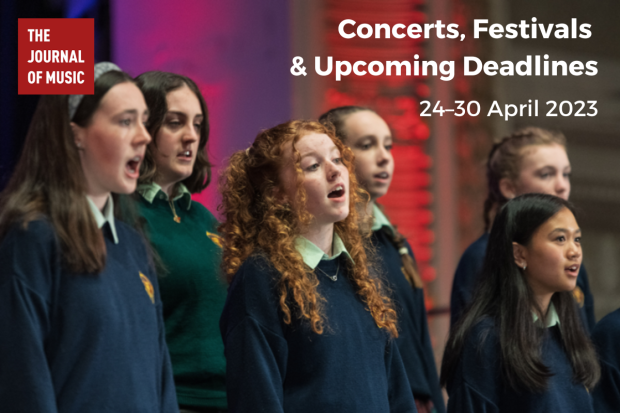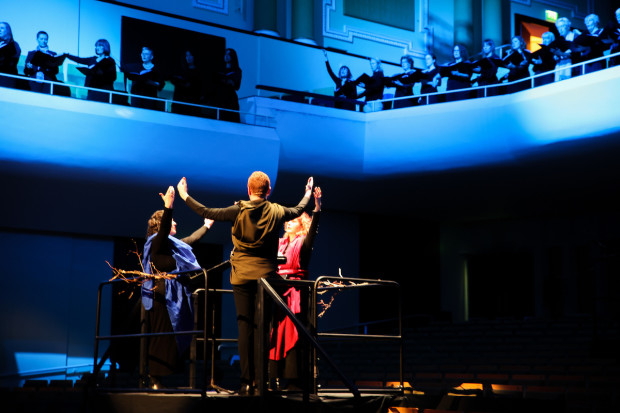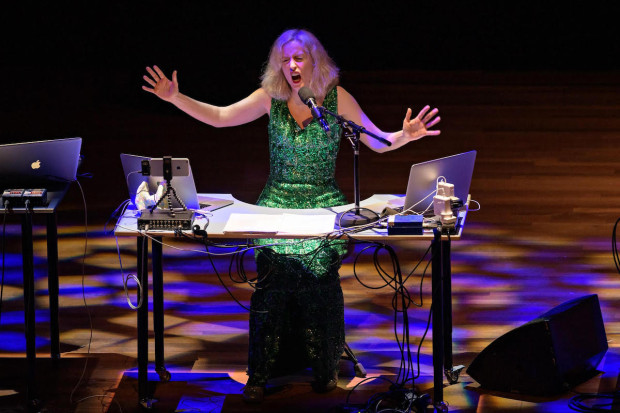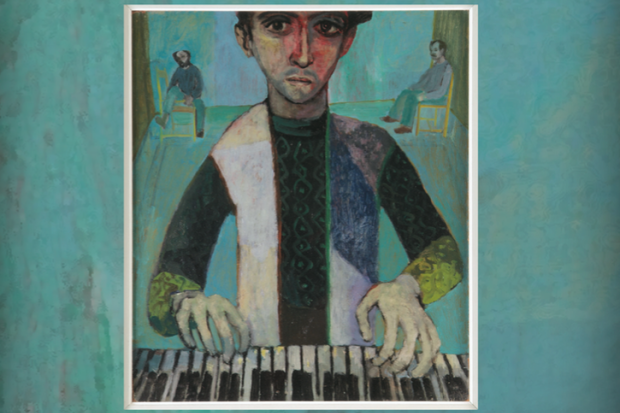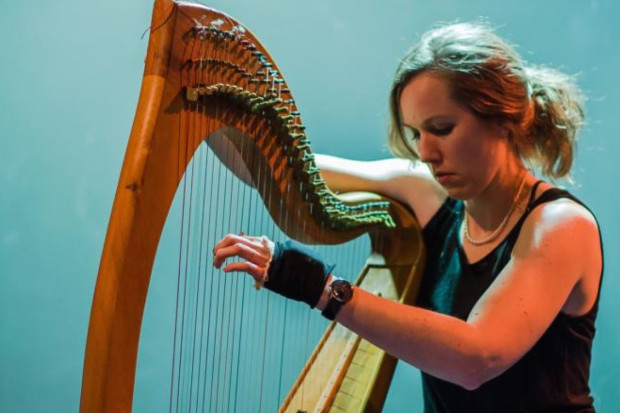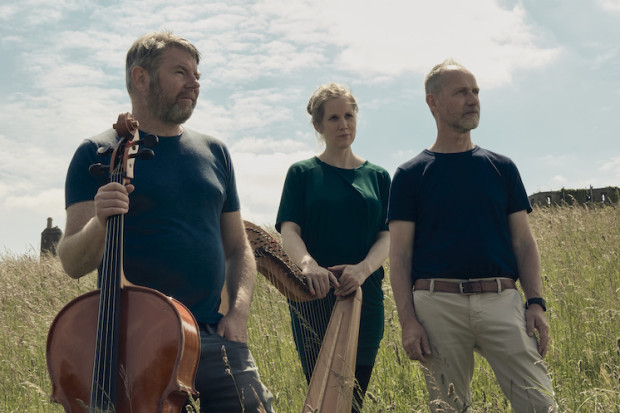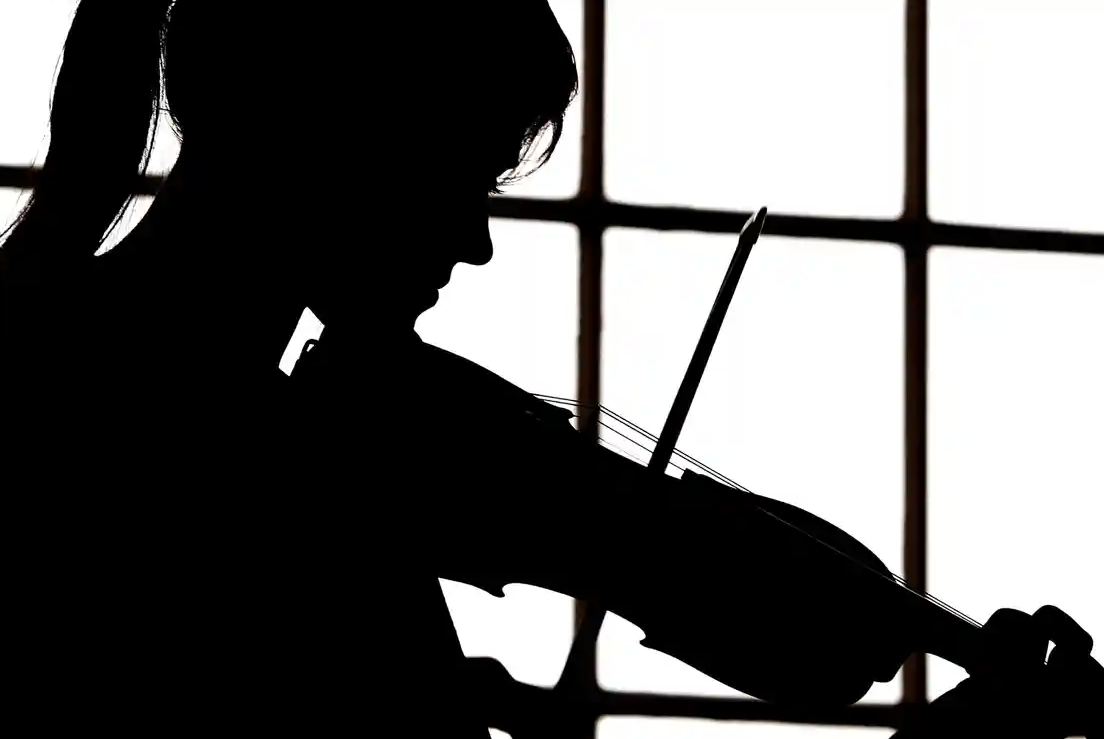
Photograph: Paul Faith/PA
'It's a macho scene': Irish Traditional Music Continues to 'privilege the contribution of men', says New Research
A paper published in Ethnomusicology Ireland, the journal of the International Council for Traditional Music Ireland, has said that the ‘mechanisms and structures of the Irish traditional music scene continue to privilege the contribution of men.’ The editors of the journal say that it leaves the reader with ‘stark questions about contemporary Irish traditional music practice.’
The research by Dr Úna Monaghan, a harper, composer and musicologist, published online yesterday (29 March), draws on a survey of 83 people in 2018, the majority of whom were experienced female Irish traditional musicians. Responding to a request to ‘Tell your story’, the responses detailed a range of negative experiences including sexual assault and sexual harassment, discrimination against professional female artists in the industry, female musicians no longer playing at traditional music sessions because of a macho environment, discrimination in educational settings, women being judged on their appearance rather than musical ability, public humiliation by men, and the role of alcohol in creating a negative experience for women.
‘The session,’ writes Dr Monaghan, ‘is in some respects at the heart of traditional music participation. While it is often perceived as a welcoming and egalitarian environment … for women in this study it is not always so.’
Most of the experiences detailed in the study date from after 2010 and the majority of them took place in Ireland. One respondent said: ‘The amount of stamina and brass neck I think you need to have as a female to persevere to become admitted to that world is more than I have or have the time to muster up.’
I have actually in some respects now fallen out of love with traditional music as it was too difficult to be accepted and play along. …. It’s a macho scene.
Another contributor told how women are treated differently in the professional industry:
An agent we really wanted to work with baulked when he heard I was getting married. He said I needed to let him know if I wanted to have children. … Everyone else in my band was married, some had kids.
The research also details an incident in which a female artist was asked to engage in sexual activity in order to be programmed as part of a festival.
Last July, RTÉ broadcast a programme that also highlighted a number of incidents of sexual abuse and harrassment in Irish traditional music.
The research suggests that the structures of Irish traditional music can mean reduced participation by women and therefore under-representation at festivals, concerts and sessions. Dr Monaghan says that the issue of ‘Women removing themselves from sessions and other musical environments affects their musical development in a way that it does not affect the equivalent male musician’s development.’
The isolation is both physical and mental. When women remove themselves from … musical encounters for whole evenings, or whole lifetimes – they lose out on equivalent group playing time, networking, relationship-building, making personal and professional connections, cementing musical partnerships, rehearsing more, and playing more. These are significant factors in success and skill level generally, and career development in music for those who desire it.
She concludes that ‘Collectively, the responses provide the first empirical data documenting the ways in which gender affects participation in Irish traditional music’.
The research paper is part of a special issue of the journal on ‘Women and Traditional/Folk Music’ and also includes contributions from Méabh Ní Fhuartháin, Tes Slominski, Jennifer DeLapp-Birkett, Verena Commins, Massimo Cattaneo, Sarah Fons, Kaylie Streit, Joanne Cusack, Tríona Ní Shíocháin, Ciara Thompson, Paula Ryan, Karan Casey, Anna Falkenau, Cormac Byrne and Aileen Dillane. The papers are the published proceedings of a symposium on the subject that took place at NUI Galway in February 2019.
To read the research, visit https://www.ictm.ie/wp-content/uploads/2021/03/Ethnomusicology-Ireland-Issue-7-.pdf












